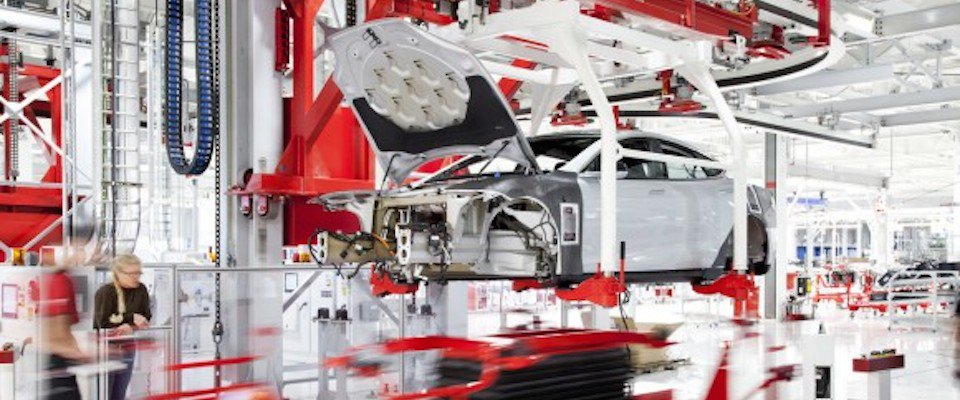As the COVID-19 pandemic leads to unprecedented levels of unemployment, cities are courting Tesla in an effort to land a factory for the Cybertruck electric pickup.
The situation is not unlike the competition among multiple states to land the company's battery Gigafactory (which was ultimately built near Reno, Nevada), with the added urgency of a major economic downturn caused by social-distancing measures intended to stop the spread of the virus.
Joplin, Missouri, has offered a $1 billion incentive package to Tesla, with the hope that a factory will add 7,000 jobs, reported the The Joplin Globe.
Drafted by the Joplin Area Chamber of Commerce and the city government, the incentive package includes a 1,042-acre parcel of land west of the city proper, which would be sold to Tesla at a 50% discount, according to the paper.
Tesla would also receive a 100% tax break for 12 years, along with state incentives, the paper reported.
A bid to land the Tesla factory has been underway practically since the moment CEO Elon Musk announced that the automaker was scouting locations in the central United States for an assembly plant.

Tesla Motors production line for Tesla Model S, Fremont, California
Shortly after Musk tweeted the announcement March 10, Toby Teeter, president of the Joplin Area Chamber of Commerce, replied that he could offer 100 acres and $50 million in incentives.
Austin, Texas, and Nashville, Tennessee, are also competing for the Tesla factory, according to The Joplin Globe.
Tesla is reportedly already in talks with officials in Nashville, which is not far from Nissan's Leaf factory in Smyrna, Tennessee. Volkswagen is spending $800 million to expand its Chattanooga, Tennessee, factory for electric-car production as well.
The factory will build both the Cybertruck and Model Y crossovers, Musk previously confirmed via Twitter.
Tesla currently builds all of its U.S.-market vehicles in Fremont, California, at a factory the automaker has owned since 2010, and which began building Model S electric cars in 2012. Tesla opened a second factory in China, which builds cars for local sale, in late 2019.
Having a second vehicle assembly plant has already served Tesla well. The automaker has taken 30% of China's EV market in March, and had its best quarter ever, possibly due to that strength.
We can't be sure yet what the economic downturn, triggered by the current coronavirus pandemic, might hold for Tesla's plans—or electric cars in general. While cheaper gas hasn't typically impacted EV adoption, some analysts have predicted otherwise.












